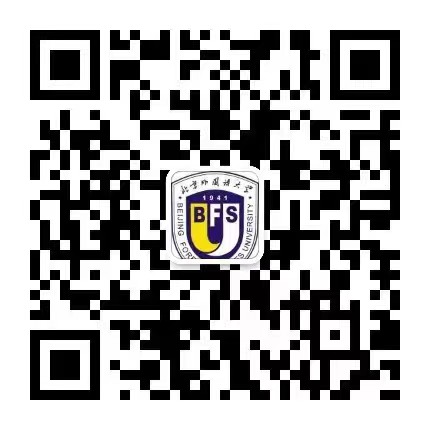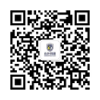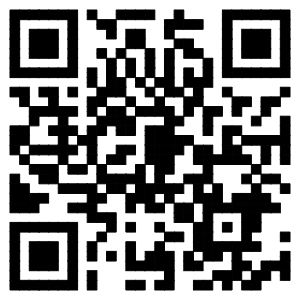阅读是四级考试中耗时最长的一个题目了,有些同学平时阅读量小,考场上面对如此长篇幅的阅读量难免心虚,所以平时必须得做适量的英语四级阅读专项训练。今天我们就推荐给大家一篇四级阅读真题。
Directions: There are 2 passages in this section. Each passage is followed by some questions or unfinished statements. For each of them there are four choices marked [A], [B], [C] and [D]. You should decide on the best choice and mark the corresponding letter on Answer Sheet 2 with a single line through the centre.
Passage One
Questions 57 to 61 are based on the following passage.
It is pretty much a one-way street. While it may be common for university researchers to try their luck in the commercial world, there is very little traffic in the opposite direction. Pay has always been the biggest deterrent, as people with families often feel they cannot afford the drop in salary when moving to a university job. For some industrial scientists, however, the attractions of academia (学术界) outweigh any financial considerations.
Helen Lee took a 70% cut in salary when she moved from a senior post in Abbott Laboratories to a medical department at the University of Cambridge. Her main reason for returning to academia mid-career was to take advantage of the greater freedom to choose research questions. Some areas of inquiry have few prospects of a commercial return, and Lee's is one of them.
The impact of a salary cut is probably less severe for a scientist in the early stages of a career. Guy Grant, now a research associate at the Unilever Centre for Molecular Informatics at the University of Cambridge, spent two years working for a pharmaceutical (制药的) company before returning to university as a post-doctoral researcher. He took a 30% salary cut but felt it worthwhile for the greater intellectual opportunities.
Higher up the ladder, where a pay cut is usually more significant, the demand for scientists with a wealth of experience in industry is forcing universities to make the transition (转换) to academia more attractive, according to Lee. Industrial scientists tend to receive training that academics do not, such as how to build a multidisciplinary team, manage budgets and negotiate contracts. They are also well placed to bring something extra to the teaching side of an academic role that will help students get a job when they graduate, says Lee, perhaps experience in manufacturing practice or product development. "Only a small number of undergraduates will continue in an academic career. So someone leaving university who already has the skills needed to work in an industrial lab has far more potential in the job market than someone who has spent all their time on a narrow research project."
注意: 此部分试题请在答题卡2上作答。
57. By "a one-way street" (Line 1, Para. 1), the author means ________.
[A] university researchers know little about the commercial world
[B] there is little exchange between industry and academia
[C] few industrial scientists would quit to work in a university
[D] few university professors are willing to do industrial research
58. The word "deterrent" (Line 2, Para. 1) most probably refers to something that ________.
[A] keeps someone from taking action [C] attracts people's attention
[B] helps to move the traffic [D] brings someone a financial burden
59. What was Helen Lee's major consideration when she changed her job in the middle of her career?
[A] Flexible work hours. [C] Her preference for the lifestyle on campus.
[B] Her research interests. [D] Prospects of academic accomplishments.
60. Guy Grant chose to work as a researcher at Cambridge in order to ________.
[A] do financially more rewarding work
[B] raise his status in the academic world
[C] enrich his experience in medical research
[D] exploit better intellectual opportunities
61. What contribution can industrial scientists make when they come to teach in a university?
[A] Increase its graduates' competitiveness in the job market.
[B] Develop its students' potential in research.
[C] Help it to obtain financial support from industry.
[D] Gear its research towards practical applications.


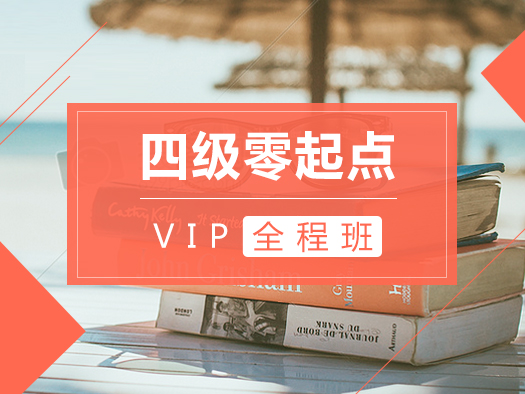
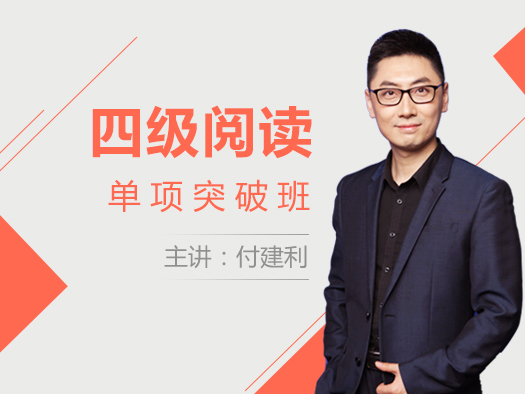
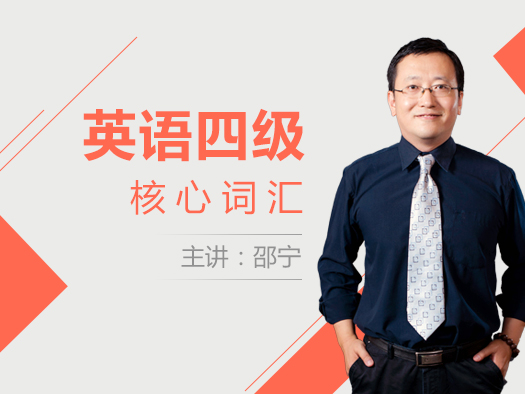
 京公网安备 11010802024222号
京公网安备 11010802024222号
